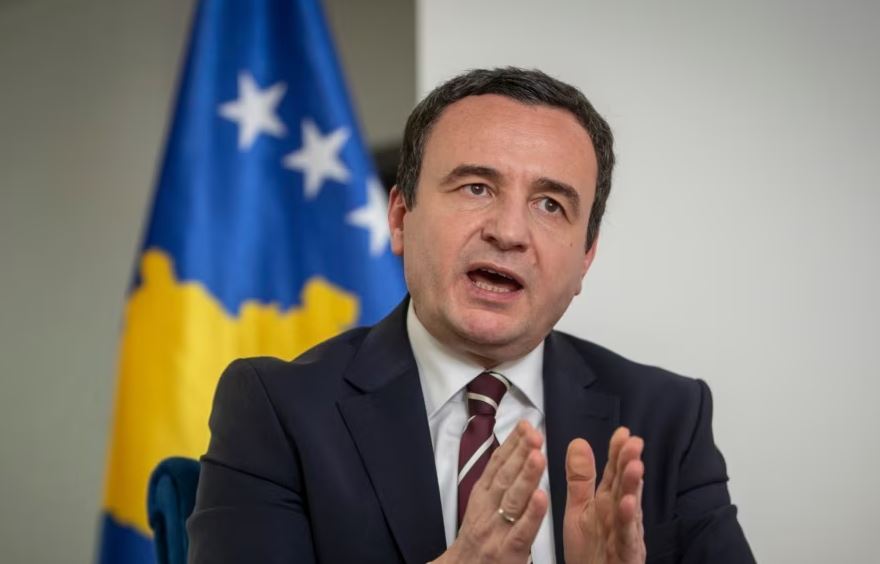Crisis Group: Kosovo’s rift with the West deepens amid Albin Kurti’s power centralization and crackdown on Serbs

A new report by the International Crisis Group (ICG) warns that Kosovo is straining its relations with the EU and the United States, as Prime Minister Albin Kurti’s push to consolidate power and his government’s hardline approach toward ethnic Serbs test Western patience.
Why is this important: The ICG, one of the most respected global conflict-analysis organizations, highlights a sharp cooling of ties between Kosovo and its Western allies — an alarming shift given the historic U.S. and EU role as the country’s strongest political and financial supporters. The report suggests that Kurti’s policies risk isolating Kosovo internationally and undermining the fragile progress made since independence.
Details: The ICG notes that Brussels has imposed restrictive measures on Kosovo, while Washington has suspended the planned Strategic Dialogue, signaling deep frustration with Kurti’s government.
“This move was particularly surprising, given that Washington has historically been Kosovo’s greatest protector, both politically and financially,” the report states.
According to the ICG, the tensions stem from Kurti’s efforts to centralize power and his tough stance toward the Serb minority in northern Kosovo, who have long demanded the autonomy promised under past agreements — or, failing that, union with Serbia.
“Repression of Kosovo’s Serbs has also obstructed ongoing bilateral talks between Belgrade and Pristina,” the report adds, noting that neither side has fully implemented previous EU-brokered deals.
Context: Since coming to power in 2021, Kurti’s government has deployed special police forces in the Serb-majority north and strengthened control over the region. These actions led to violent clashes between Serb protesters and NATO peacekeepers in May 2023 and a failed attempt at arms smuggling that September.
ICG warns that while Kosovo currently maintains control, its confrontational approach could trigger long-term diplomatic isolation — something the EU has tried to prevent since launching the dialogue between Belgrade and Pristina in 2010.
The report also criticizes Kurti’s populist nationalism, arguing that it serves as a tool to weaken institutional checks and balances and erode constitutional protections under the banner of rebuilding the state.
What the EU should do:
The ICG recommends that Brussels shift focus toward practical cooperation between the two sides by:
- Prioritizing implementation of existing agreements on border management and mutual diploma recognition.
- Allowing Serbia to provide limited education and healthcare services for Serbs in Kosovo, and vice versa for Albanians in Serbia.
- Using EU accession incentives to pressure Pristina to safeguard Serb rights and establish the Association of Serb Municipalities.
- Making financial aid and diplomatic support conditional on institutional reforms and protection of independent bodies such as the judiciary, state broadcaster, and regulatory agencies.
Bottom line: The Crisis Group’s findings mark a turning point in Western attitudes toward Pristina. While Kosovo’s independence remains widely supported, patience with Kurti’s confrontational style appears to be wearing thin — a warning that Pristina risks alienating even its closest allies if it continues down this path.


